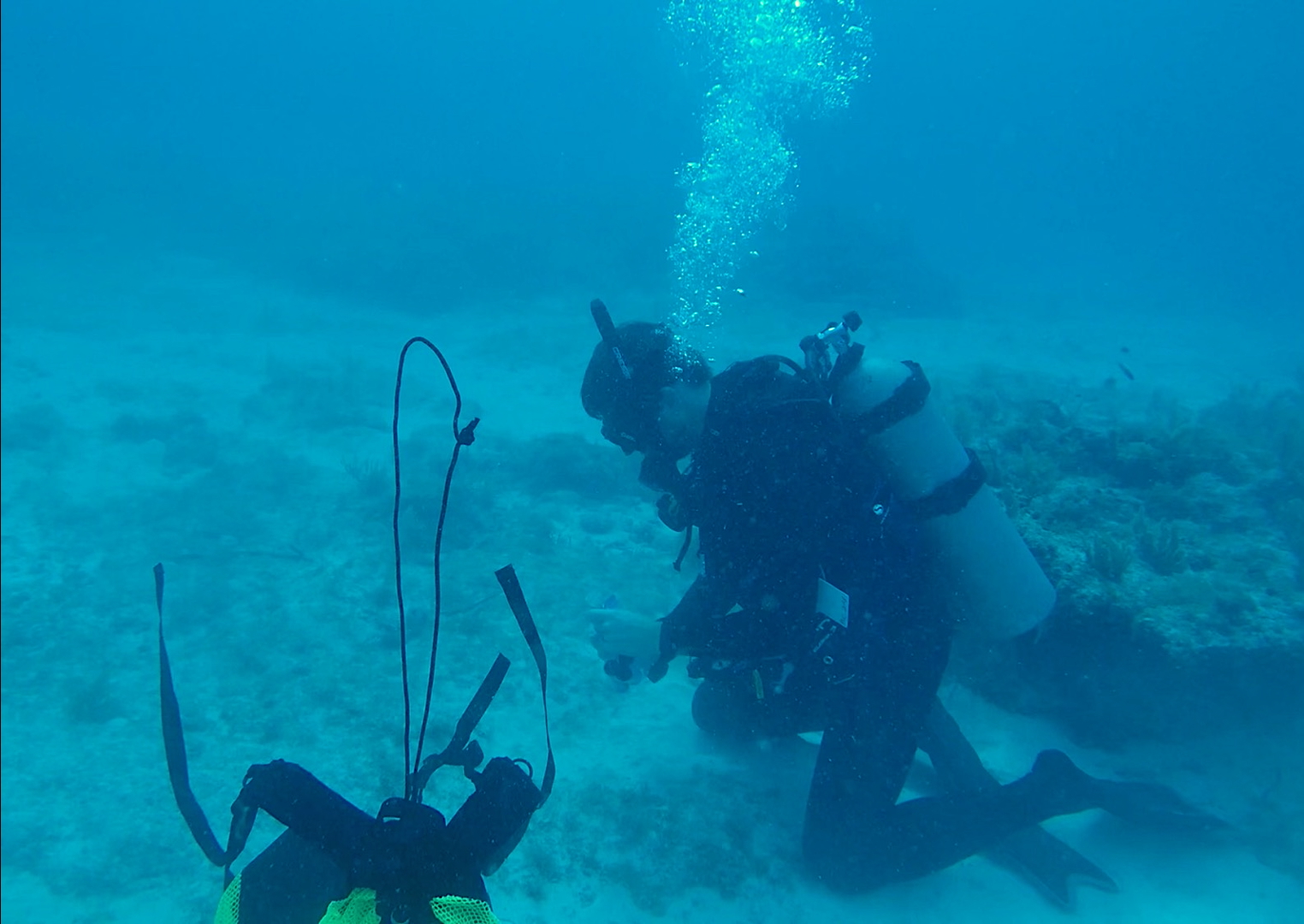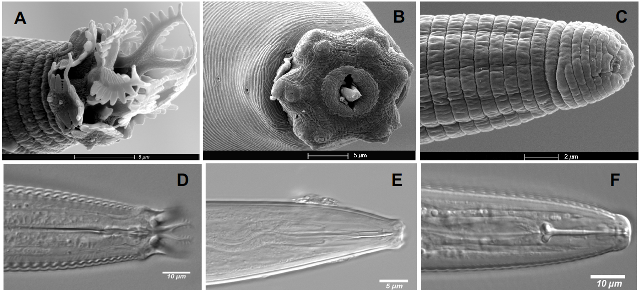Research
I am a molecular ecologist and nematode taxonomist. My research integrates traditional and cutting-edge approaches (Omics) to study microeukaryotic communities and their microbiomes across diverse ecosystems. Microeukaryotes, especially nematodes, play crucial ecological roles and are essential for ecosystem functioning, as they are present in every habitat on Earth. Despite their ubiquity, we still lack a comprehensive understanding of the drivers behind their high diversity in soil and sediment habitats.

Dr. Pereira collecting sediment samples associated with coral reefs in the Florida Keys, US.
In my lab, we use a combination of techniques and methods (e.g., high-throughput sequencing, phylogenetics, traditional morphology-based taxonomy, and statistical analysis) to study:
Biodiversity & Community Structure: To characterize microeukaryotic biodiversity, particularly nematodes, in terrestrial, freshwater, and marine ecosystems. This reseach area focuses on both spatial and temporal patterns of microeukaryotic communities by addressing fundamental ecological questions: who are there? when are they there? what are they doing?
Bioindicators & Community Dynamics: To use microeukaryotes (e.g., nematodes) as biodindicators to assess community responses to diverse disturbance events in terrestrial (including agricultural settings) and aquatic ecosystems.
Evolutionary Relationships: To expand knowledge of species diversification, phylogeny, and evolution within understudied microeukaryotic groups.
Host-associated microbiome: To understand associations between microbes (bacteria/archaea) and nematode hosts, and how they may benefit from it.

Research Interests
Molecular Ecology, eDNA Metabarcoding, Taxonomy & Systematics, Benthic Ecology, Omics, Phylogenetics, Bioinformatics, Data Analysis









